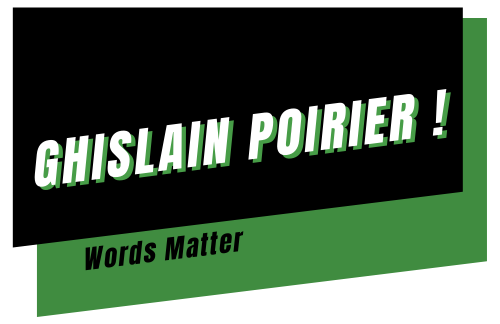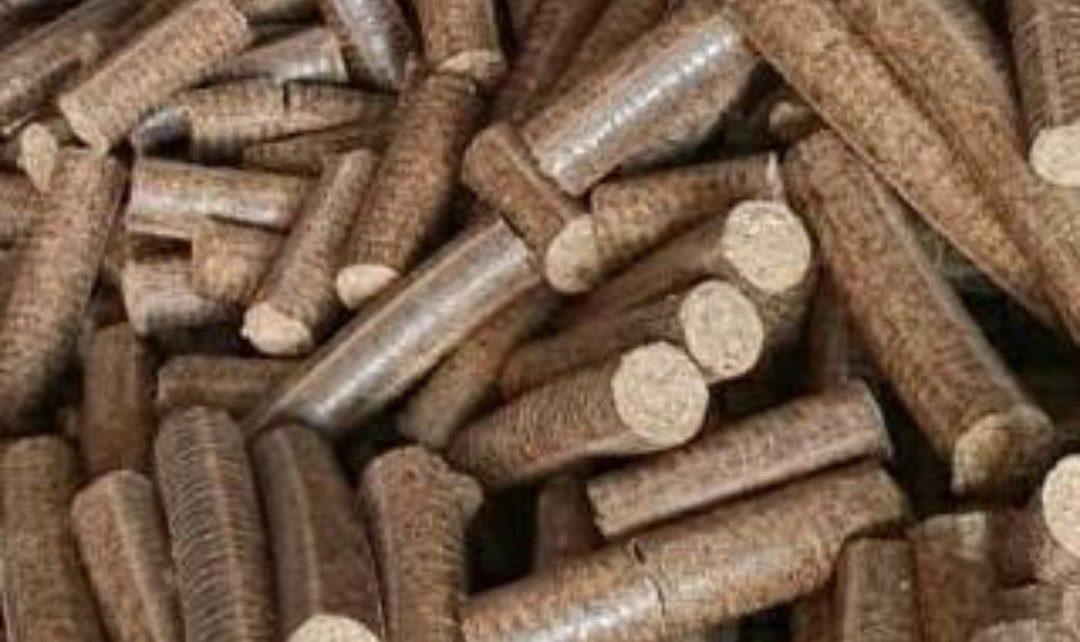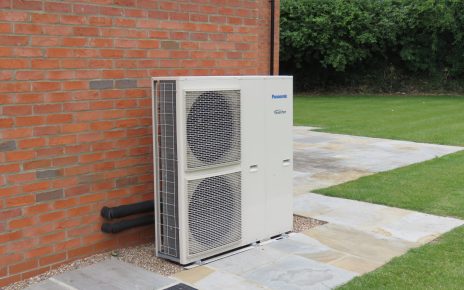In a world grappling with the consequences of climate change and dwindling natural resources, finding sustainable alternatives to traditional energy sources has become imperative. One such alternative that has gained momentum in recent years is the use of odav puitbrikett. These compact blocks of compressed wood waste have emerged as a promising solution to mitigate the adverse effects of deforestation. This article explores the impact of briquette use on deforestation rates and its potential benefits to our environment.
Understanding the Deforestation Crisis
Deforestation, the process of clearing or removing forests for various purposes, including agriculture, logging, and urban development, poses a grave threat to our planet. It leads to the loss of biodiversity, disrupts ecosystems, and contributes to greenhouse gas emissions, exacerbating global warming. As the demand for wood and other forest products continues to rise, finding sustainable alternatives is crucial.
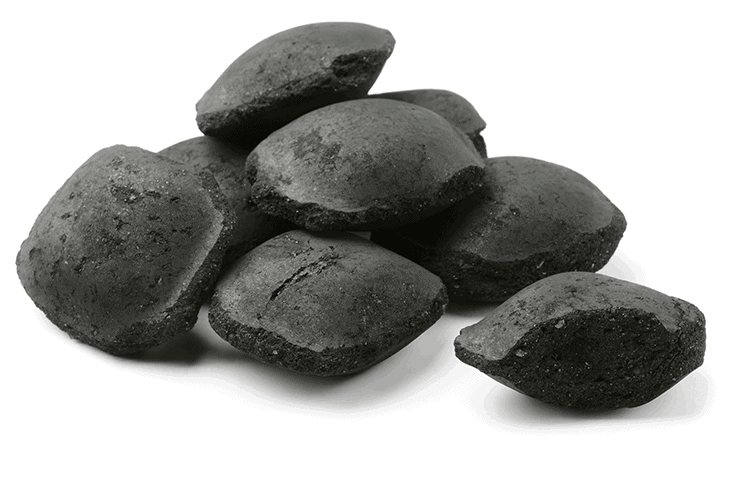
The Rise of Cheap Wood Briquettes
Cheap wood briquettes, also known as biomass briquettes, have gained popularity as an eco-friendly fuel source. These briquettes are typically made from sawdust, wood chips, or other wood waste materials, which are compressed into compact blocks without the need for chemical additives. They offer a sustainable solution to replace traditional firewood and charcoal, which significantly contribute to deforestation.
Reducing Deforestation Rates
- Preservation of Forests
One of the most significant impacts of using cheap wood briquettes is the preservation of forests. These briquettes reduce the demand for cutting down trees for firewood or charcoal production by providing an alternative fuel source. This, in turn, helps in safeguarding precious forest ecosystems and the myriad of species they support.
- Carbon Sequestration
Forests play a vital role in carbon sequestration, absorbing and storing carbon dioxide from the atmosphere. When trees are felled for fuel, the stored carbon is released back into the atmosphere, contributing to climate change. By promoting the use of briquettes, we can mitigate this impact and reduce our carbon footprint.
- Sustainable Energy
Cheap wood briquettes offer a sustainable and efficient energy source. They have a higher energy density than traditional firewood, which burns longer and provides more heat. This makes them an attractive option for cooking and heating, especially in regions where deforestation is a significant issue.
- Economic Benefits
Beyond their environmental advantages, the use of briquettes can also have economic benefits. Local communities can produce and sell briquettes, creating jobs and generating income while reducing their reliance on forest resources.
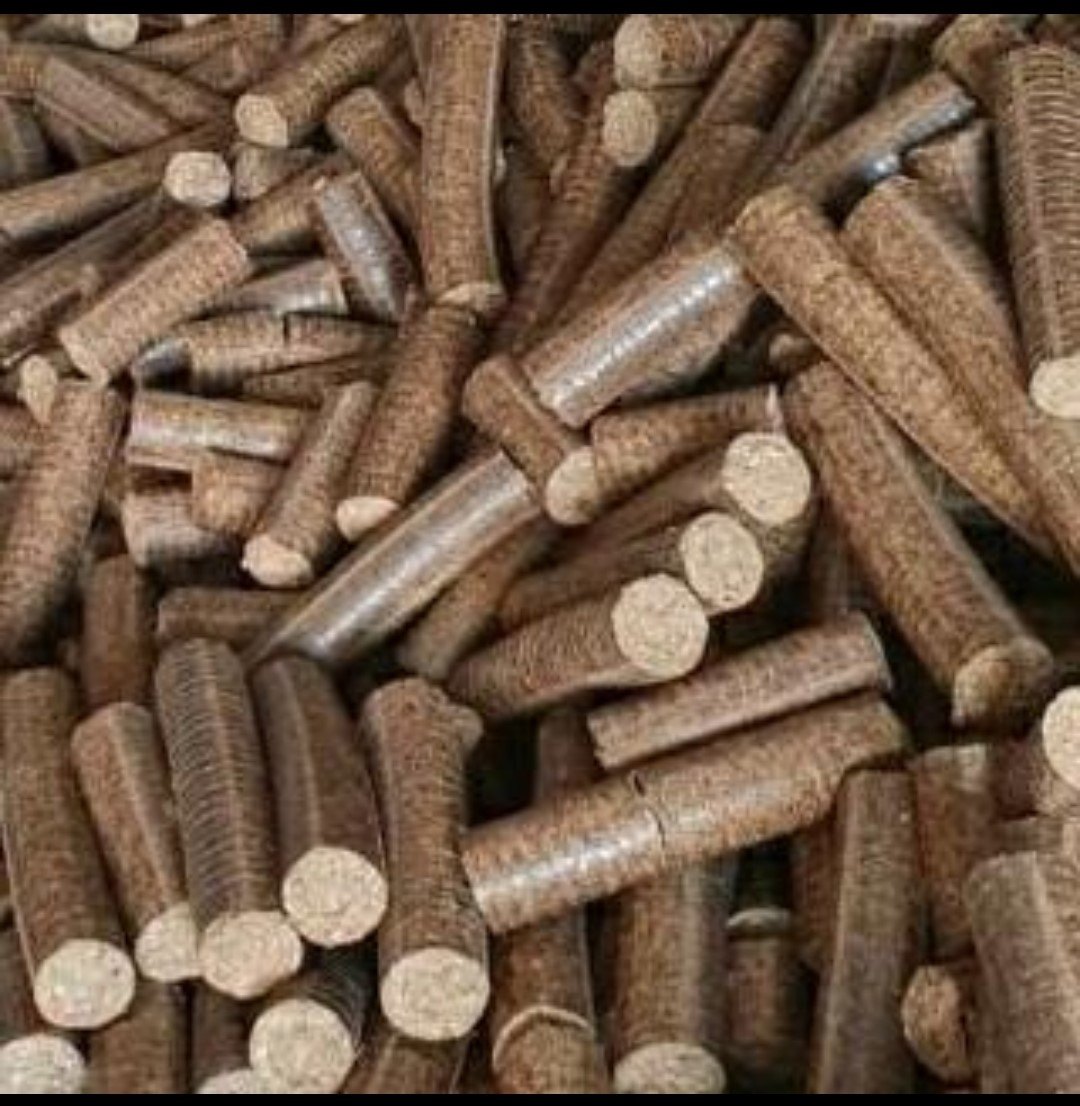
Conclusion
In conclusion, the use of cheap wood briquettes presents a promising solution to combat deforestation rates. By providing an alternative, sustainable fuel source, we can reduce the pressure on our forests, preserve biodiversity, and mitigate the effects of climate change. However, it’s essential to ensure that the production of these briquettes is carried out in an environmentally responsible manner to maximize their positive impact. Embracing this eco-friendly alternative is a crucial step towards a greener and more sustainable future.
